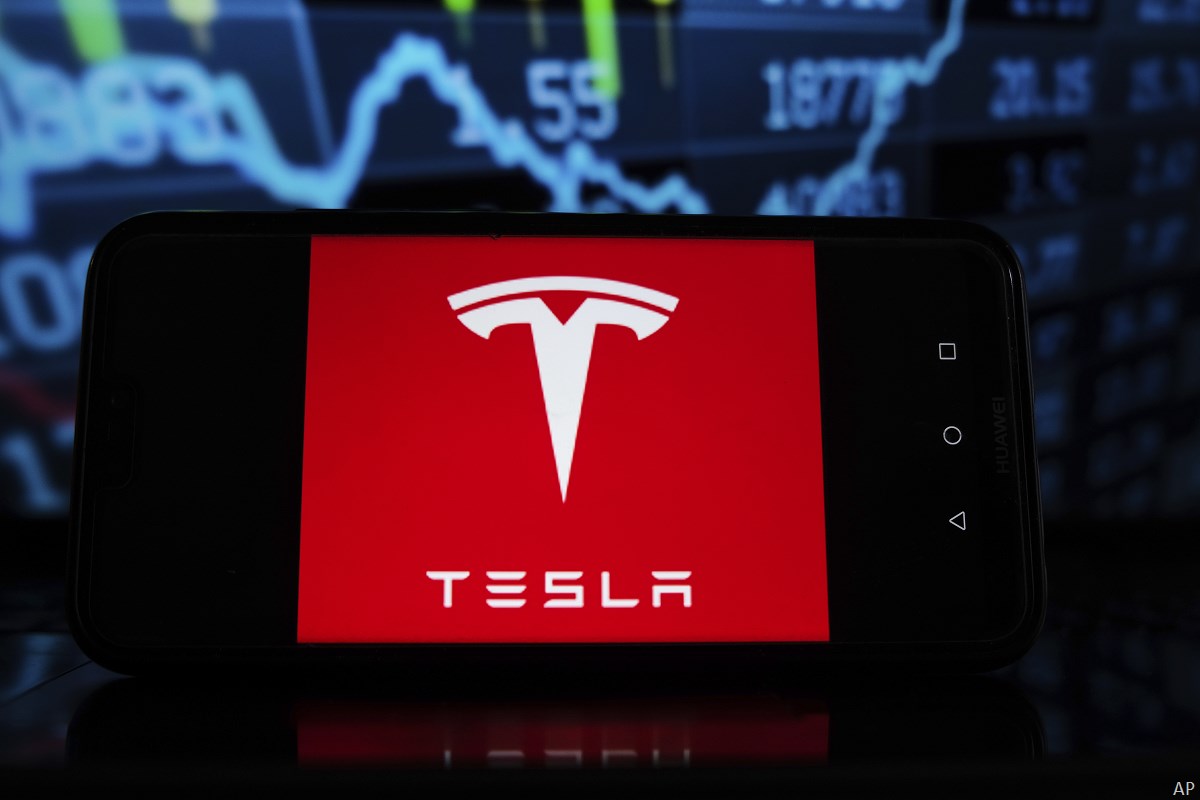
At the start of 2023, Microsoft confirmed a multibillion-dollar investment in ChatGPT, the artificial intelligence (AI) chatbot created by OpenAI. Since its release last November, the technology has captivated the masses with its ability to quickly and accurately complete complex tasks such as composing cover letters, essays, and jokes – to name a few.
However, with the number of potential use cases for the technology set to grow considerably, many are now questioning what impact AI could have on the global labour market over the coming years.
In this Q&A, Joe Krancki, investment director at Gresham House Ventures, discusses the disruptive force AI has already had on a variety of sectors, and whether we should be worried about widespread job displacement.
Which sectors are going to be most disrupted by AI over the next five years?
Artificial intelligence has followed a long arc of progress for decades. We are now in an incredibly interesting time with AI-based technologies breaking out of the lab and transforming products and services all around us.
Over the next five to 10 years, it is difficult to imagine a sector that will not be transformed by AI in some way. AI’s disruptive force is going to be felt most in sectors with large and varied data sets that can be tapped into cost-effectively. Healthcare, financial services, insurance, logistics, transportation, retail, defence, education, and agriculture all come to mind.
I am personally very excited by what can be done with AI in healthcare, given the profound impact on improving and saving lives. We have already seen AI do incredible things in drug discovery and diagnostic applications. Just last December, OpenAI’s ChatGPT passed all three parts of the US medical licensing examination — I do not think it will be long until the days of turning to Dr. Google with medical questions will be a thing of the past.
How could AI affect the search engine industry?
AI is already deeply embedded in search engines. It is used to understand the content of web pages, interpret search queries, match and show the most relevant results for a given context, and much more. AI is the fundamental weapon in the search engine arms race, and Microsoft has been stuck behind Google by some distance for more than a decade.
ChatGPT’s generative AI is jaw-droppingly impressive, even though it can get tripped up in some cases. I am not surprised Microsoft has dropped $10bn for the chance to make ChatGPT’s AI a search engine game-changer. If Microsoft is successful, they will not just give the world a better Bing, they will offer a whole new way to access the world’s information. This is certainly a threat to Google. However, Google has hundreds, maybe thousands, of engineers working on advanced AI. They are not going to make it easy for Microsoft to close the gap.
Are there any companies who have come out with some interesting AI-related products?
Listed tech companies like Apple, Google, Microsoft, Amazon, and Meta have been putting interesting products in our hands for some time. Google opensourced TensorFlow back in 2015, and there is a good chance we have all used a product or service underpinned by its technology at some point. Also, whether a product or service is interesting or indispensable varies from person to person.
If ‘interesting’ is synonymous with ‘invaluable’, then consider the cyber security industry. AI is a fundamental part of the most advanced cyber security products on the market. Darktrace, listed on the London Stock Exchange, is a world-leader in using AI to deliver cyber threat detection and mitigation in real time. While off its valuation highs, Darktrace has gone from a start-up to a £1.8 billion market cap in under a decade. Its product and growth story are very interesting.
Interesting applications of AI are showing up everywhere. Many people think AI is dominated by start-ups or large tech companies. I think many people would be surprised by the things wider listed companies are doing with AI.
Take leading farming equipment manufacturer John Deere, for example. The company is using computer vision and machine learning to build an AI system that can pilot tractors. Another good example is General Motors, a recent co-investor in our portfolio company FocalPoint. General Motors is set to combine FocalPoint’s positioning technology with AI so its Ultra Cruise technology can eventually enable hands-free driving on any paved road on the planet.
Should professionals be worried about this?
Only the ones who are not very good. It will be a long time before we see AI and humans with similar capabilities in complex decision making, ingenuity, and creativity. But the day will come, and I think it is a good idea to have the conversation about how we deal with it when it does.




















